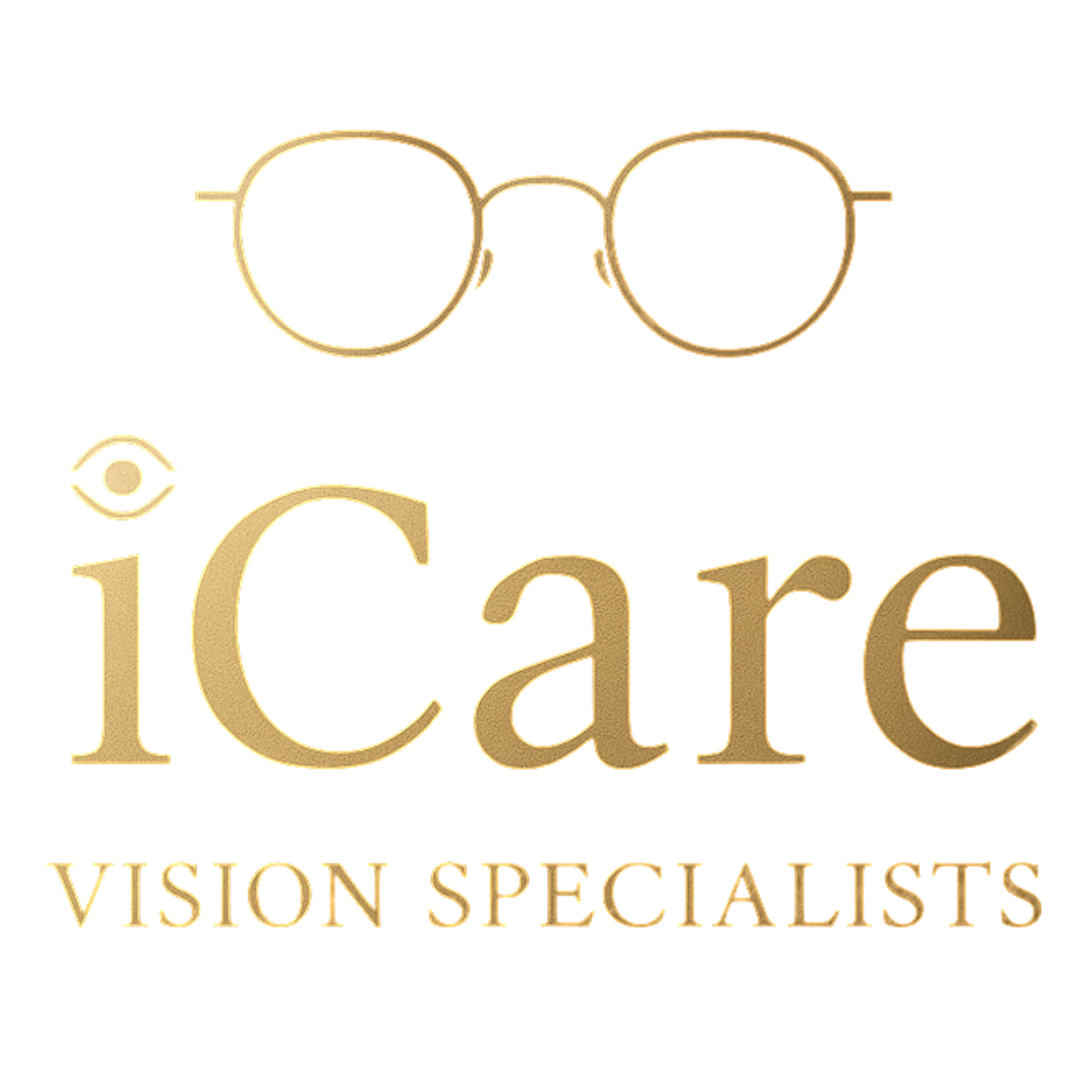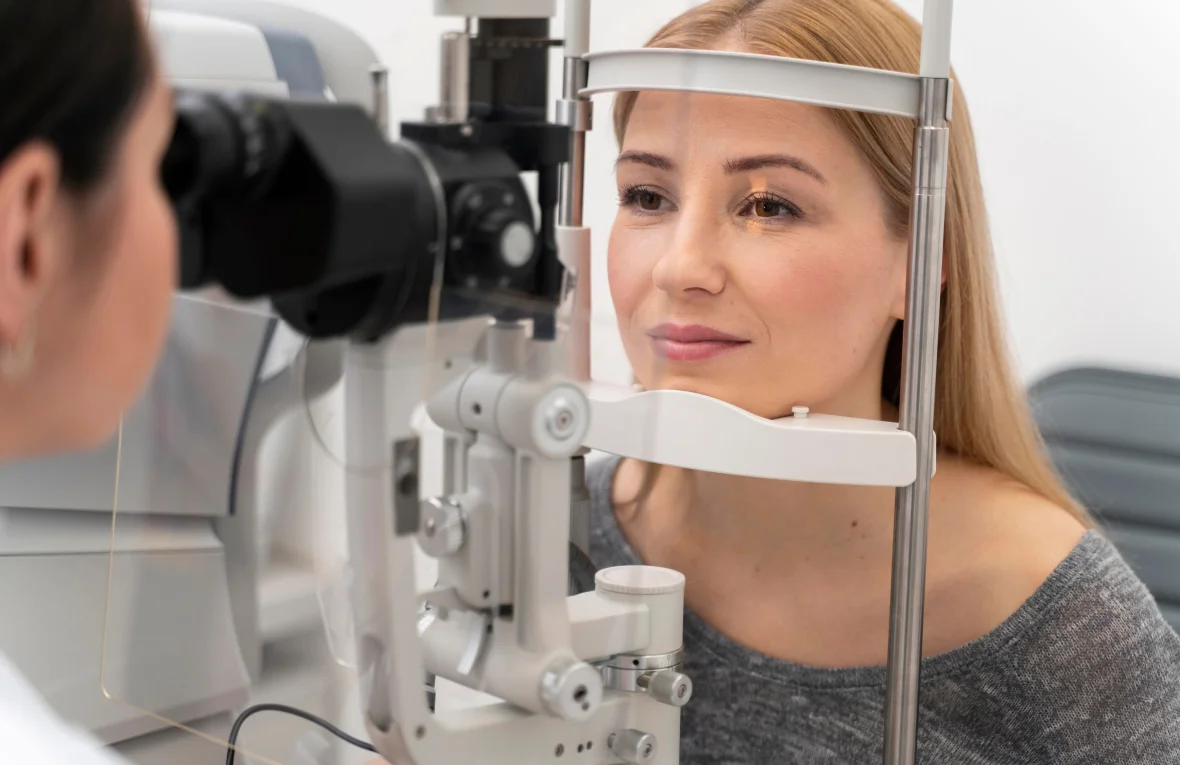Eye Tests
Regular eye tests are essential for maintaining good vision and protecting your long-term eye health. At iCare, we recommend having your eyes tested every two years, or more often if advised by your optometrist.
You should seek urgent advice if you ever experience sudden vision loss, eye pain, inflammation, or irritation. Many common eye conditions can be detected during a routine eye test, and early detection often makes treatment more effective.
For patients with certain health conditions, such as diabetes, more frequent eye tests may be needed to monitor and manage potential complications.
During your eye test at iCare, our optometrists may use a range of advanced procedures, including:
Applanation method – measuring eye pressure
Corneal and retinal topography – mapping the surface of the eye
Fluorescein angiogram – checking blood flow in the retina
Pupillary dilation test – examining the back of the eye
Refraction test – assessing your prescription
Slit-lamp exam – checking the structures at the front of the eye
Tonometry – testing for glaucoma
Ultrasound – imaging the inside of the eye
Visual acuity testing – measuring clarity of sight
Visual field test – detecting blind spots or peripheral vision loss
With expert care and advanced technology, our eye tests give you peace of mind and a clear picture of your eye health.
Technology Used in an Eye Test
Although the names may be unfamiliar, these are the equipment used most often in an Eye Test. If you have any questions about our testing equipment, your Optometrist will be happy to explain.
Applanation method
Slit-lamp exam
Corneal and retinal topography
Tonometry
Fluorescein angiogram
Ultrasound
Pupillary dilation test
Visual acuity testing
Refraction test
visual field test
Frequently Asked Questions
How often should I have an eye test?
Most adults should have their eyes tested every two years. However, your optometrist may recommend more frequent tests if you have certain health conditions (such as diabetes or glaucoma) or if you’re experiencing changes in your vision.
What happens during an eye test?
An eye test checks both your vision and the overall health of your eyes. Your optometrist will use a series of checks, which may include measuring eye pressure, examining the retina, testing your visual field, and assessing whether you need glasses or a new prescription.
Can an eye test detect health problems?
Yes. An eye test can spot early signs of eye conditions such as glaucoma, cataracts, and macular degeneration. It can also highlight general health problems, such as diabetes and high blood pressure.
How long does an eye test take?
A routine eye test usually takes around 30 minutes. If additional tests are needed, your appointment may take a little longer.
Is an eye test covered by the NHS?
Many people are entitled to a free NHS eye test, including children under 16, students aged 16–18 in full-time education, adults over 60, and people with certain medical conditions. Your optician will advise if you qualify.


